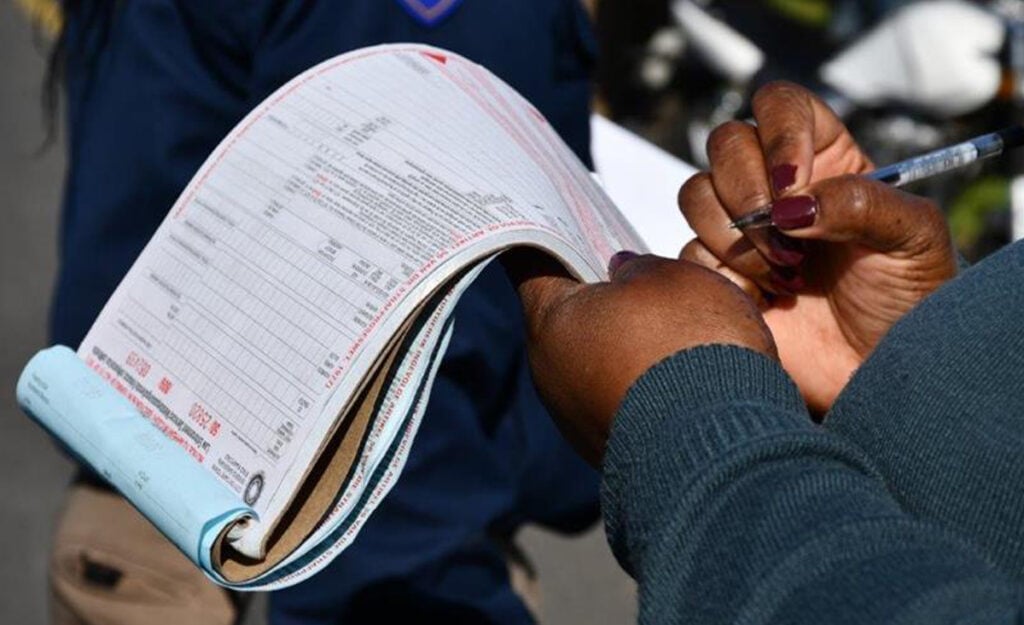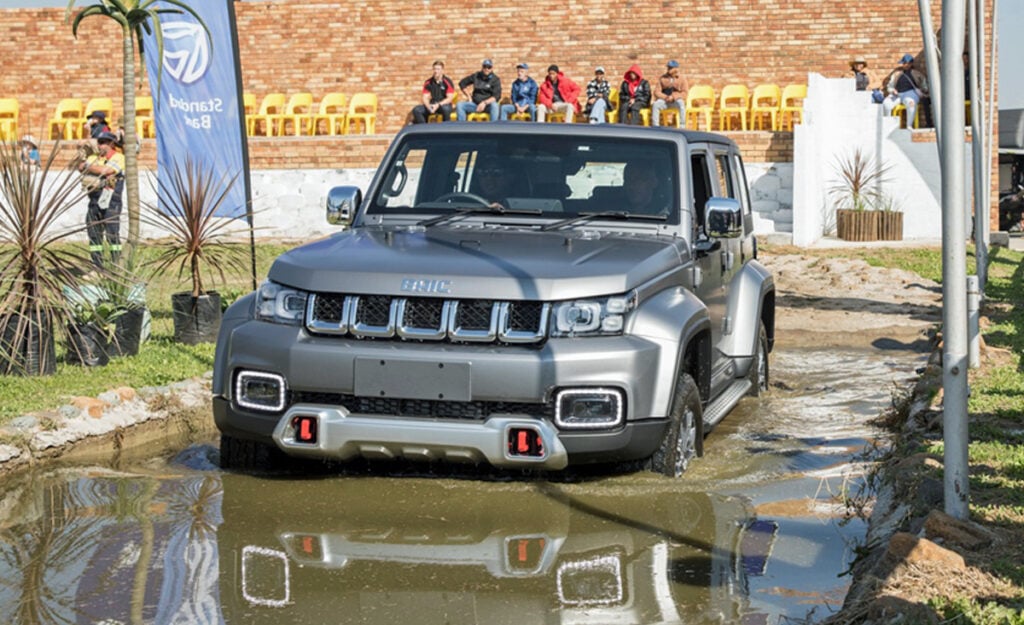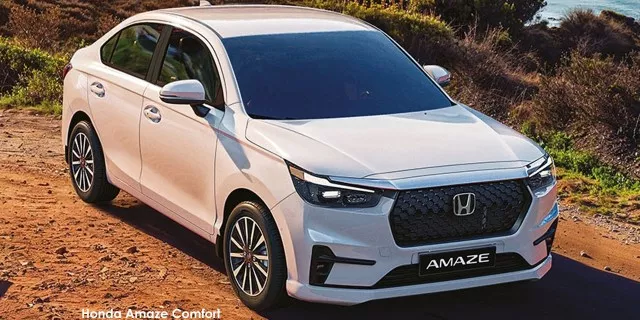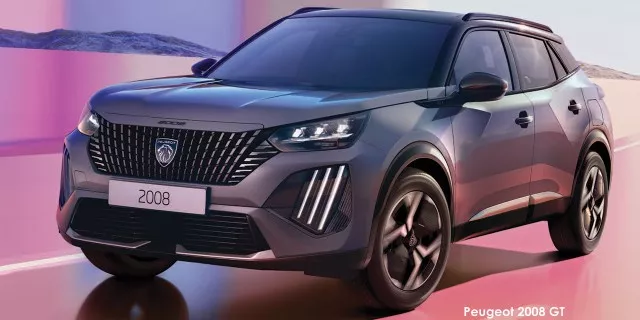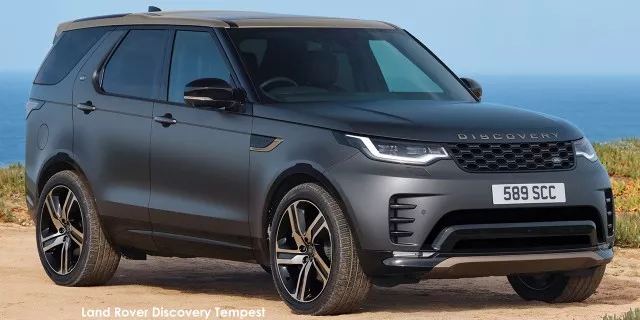
Premium car brands in South Africa, such as Audi, BMW, and Mercedes-Benz have seen a massive drop in sales over the last decade.
In 2014, these three automakers sold a combined 71,889 units, but this figure dropped to just 26,202 units by the end of 2023 – a decline of 63.5%.
A tough climate
New-car sales have been struggling in South Africa for eight consecutive months owing to a weak economy, skyrocketing petrol prices, and high interest rates.
These effects are magnified in the premium-vehicle segment where customers are turning away from these models in favour of more affordable options.
Brands like Audi, BMW, and Mercedes have always been upmarket purchases, but the price tags of their most popular models used to be much more affordable relative to the average salary, making them an aspirational goal for many motorists.
Today, the cheapest BMW 1 Series costs R691,716 while a Mercedes A-Class goes for R821,491.
To put this in perspective, the average formal sector salary is pegged around R26,894 per month or R322,728 per year as of November 2023.
Audi’s models are often cheaper than their German rivals as many of them tend to share a platform with their Volkswagen counterparts, such as the Audi A1 and VW Polo.
However, VW is beginning to feel the strain as well, as it recently lost its long-held title as South Africa’s second-best-selling brand to Suzuki.
The National Automobile Dealers Association (NADA) attributes the decline in sales to economic pressure and political uncertainty hampering consumer spending and growth within the industry.
This year’s national elections, combined with the Reserve Bank’s insistence on maintaining high interest rates, have added to the prevailing negative sentiment about the country’s future prospects, leading to many households cutting costs and downsizing purchases like cars.
NADA also acknowledged the competition that legacy brands are now facing from new manufacturers entering the market, particularly those originating in China.
Chinese brands have exploded onto the scene in recent years with more than 21 models still due to land this year alone, most of which are undercutting their rivals in price by a considerable amount.
These badges have struck a cord with price-conscious local consumers, as is evidenced by sales data from Naamsa.
In 2019, Haval sold a total of 872 vehicles in South Africa, but fast forward to today and that figure is now 19,904 units thanks to a 198% year-on-year increase in sales as consumers shift towards Chinese brands and their perceived value-for-money reputation.
In contrast, premium nameplates including Audi, BMW, Mercedes, and Volvo have seen their sales drop by an average of 6.35% per year, going from 28,757 units in 2022 to 26,836 in 2023, an analysis by BusinessTech revealed.
In addition to the competition posed by Chinese brands, NADA claims that the premium segment has been hurt by the shift in buyer mentality away from new models to demos and pre-owned ones.
It noted that while some loyal customers are opting to extend their maintenance plans, others are buying down, waiting, or making the switch to used vehicles.
This is reflected in the growth of the second-hand marketplace where models like the BMW 3 Series and Mercedes-Benz C-Class are frequently among the top 10 best-sellers despite being eight or more years old on average with over 100,000km on the clock.






